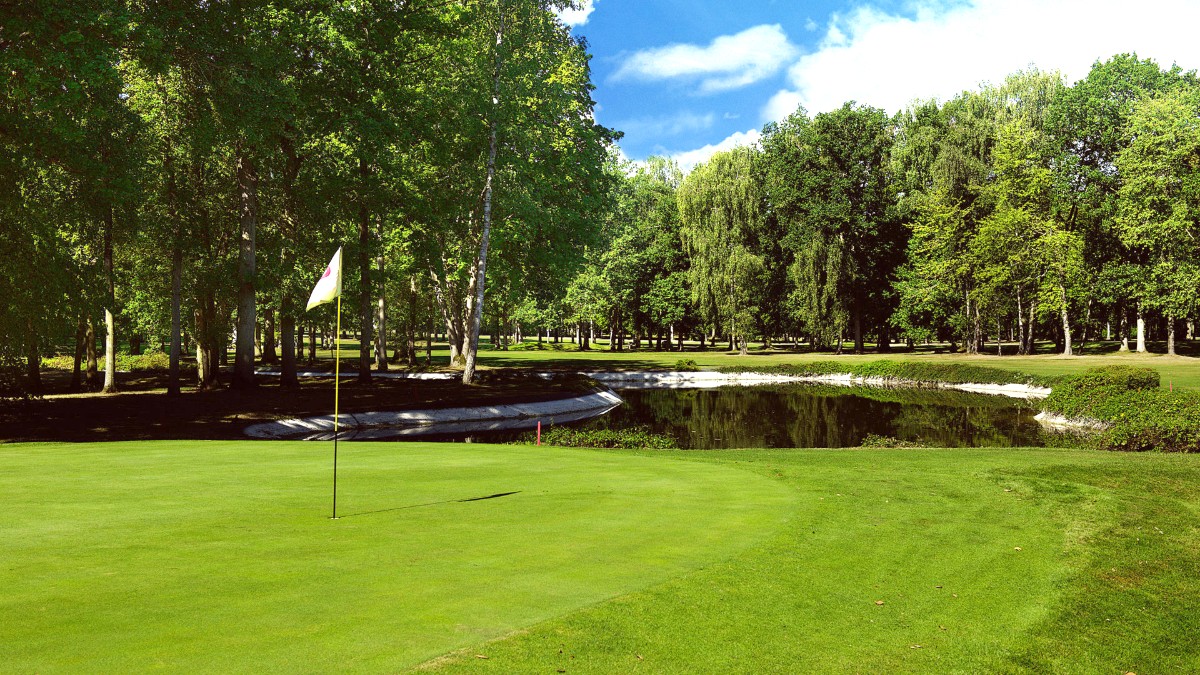
Champagne, France
Spring (April-May): These months bring mild temperatures, averaging 10-15°C (50-59°F). Sunshine steadily rises, and while moderate rainfall can occur, the landscape begins to burst with color. Vineyards awaken with budding vines, offering picturesque scenery for walks. This period bypasses the peak summer heat and crowds.
Summer (June-August): Summer marks the warmest period, with average temperatures ranging from 18-25°C (64-77°F). These months also feature the highest sunshine hours, for ample daylight exploration. Occasional thunderstorms can occur, usually in the late afternoon or evening, for a welcome cool-down. Summer stands as the peak tourist season due to favorable weather.
High Season (June-August):
Pros: Warm, sunny weather, ideal for outdoors. All attractions and Champagne houses operate with full hours. The city buzzes with a lively atmosphere, and longer daylight hours permit extended sightseeing.
Cons: Higher prices for flights and accommodation. Popular sites and Champagne houses become crowded, needing advance bookings for tours and dining.
Fewer Crowds
Lowest prices for travel and accommodation. Very few crowds at attractions. Festive atmosphere during Christmas and New Year.
Cold weather and shorter daylight. Some Champagne houses or attractions may close for annual holidays or have limited options.
Great Balance
Pleasant weather without intense summer heat. Fewer crowds for a relaxed experience. Better value on accommodation and flights. Grape harvest activity in late Aug/early Sep.
Smaller attractions might have reduced hours. Weather can be less predictable than in summer, with more rain.
Peak Tourist Period
Warm and sunny weather, ideal for outdoor activities. All attractions, restaurants, and Champagne houses are fully open. Lively city atmosphere and long daylight.
Higher prices for flights and lodging. Popular sites and Champagne houses are crowded, needing advance reservations.
Champagne House Tours & Tastings are available year-round. Spring and autumn offer comfortable weather for walking between houses or enjoying outdoor areas. Booking in advance is always wise, especially for specific English-language tours. The Cathedral and other city sights are enjoyable year-round. Spring, summer, and early autumn offer the best conditions for outdoor enjoyment, including strolling pedestrian streets and dining at outdoor cafes.
Vineyard Visits & Cycling in Spring (May) and Autumn (September-October) bring picturesque scenery and comfortable temperatures. A cycling tour map of Champagne helps with self-guided exploration. For the Harvest Season Experience, plan your trip for late August to mid-September to witness the grape harvest. This time can be busy, but it brings a lively, authentic glimpse into the Champagne-making process. Confirm exact dates with local tourism offices, as the harvest schedule varies annually based on grape maturity.
Vines bud, landscape colors burst.
Peak tourist season with sunny weather.
Vineyards turn golden, grape harvest.
Fewer crowds, cozy atmosphere.
Champagne houses always open.
France is part of the Schengen Area, a group of 27 European countries that have abolished passport and all other types of border control at their mutual borders.
France applies common Schengen visa rules. Check your nationality's requirements. IVisa and VisaHQ offer visa application services.
Have these documents ready for inspection upon arrival.
Prices in Reims, while generally lower than Paris, reflect its status as a popular tourist destination in a prosperous region.
For premium experiences and exclusive services.
France maintains high standards in public health and safety, making it a relatively secure destination for travelers. However, awareness and preparation remain important.
No specific vaccinations are required for entry to France from most countries. Check routine vaccinations are up-to-date (MMR, DTaP, Polio, Influenza).
Traveler's Diarrhea risk is low; practice hand hygiene. Sunburn/Heatstroke prevention (sunscreen, hat, hydration) in summer. Pack usual allergy medications for seasonal allergies.
Tap water in Reims is safe to drink. Food hygiene standards are very high across France.
France has a high-quality healthcare system.
For immediate medical emergencies, dial 112 (European emergency number).
Pharmacies, marked by a green cross, are widely available. Pharmacists offer advice for minor ailments, recommend over-the-counter medications, or direct to a doctor.
Adventure Medical Kits for first aid supplies.
A comprehensive travel insurance policy is highly recommended for all visitors.
Look for policies covering emergency medical expenses, medical evacuation, trip cancellation/interruption, and lost luggage.
This provides a safety net for unforeseen circumstances and helps avoid high out-of-pocket costs.
Reims is generally a safe city for tourists. Petty crime, like pickpocketing, can occur in crowded tourist areas.
Note these numbers for any unexpected situation.
Dial 112 (from any phone) for police, ambulance, or fire services.
Medical Emergency (SAMU): 15
Police (Police Secours): 17
Fire Brigade (Sapeurs-Pompiers): 18
U.S. Embassy Paris: +33 (0)1 43 12 22 22. Canadian Embassy Paris: +33 (0)1 44 43 29 00. Save these numbers in your phone and with shared contacts.